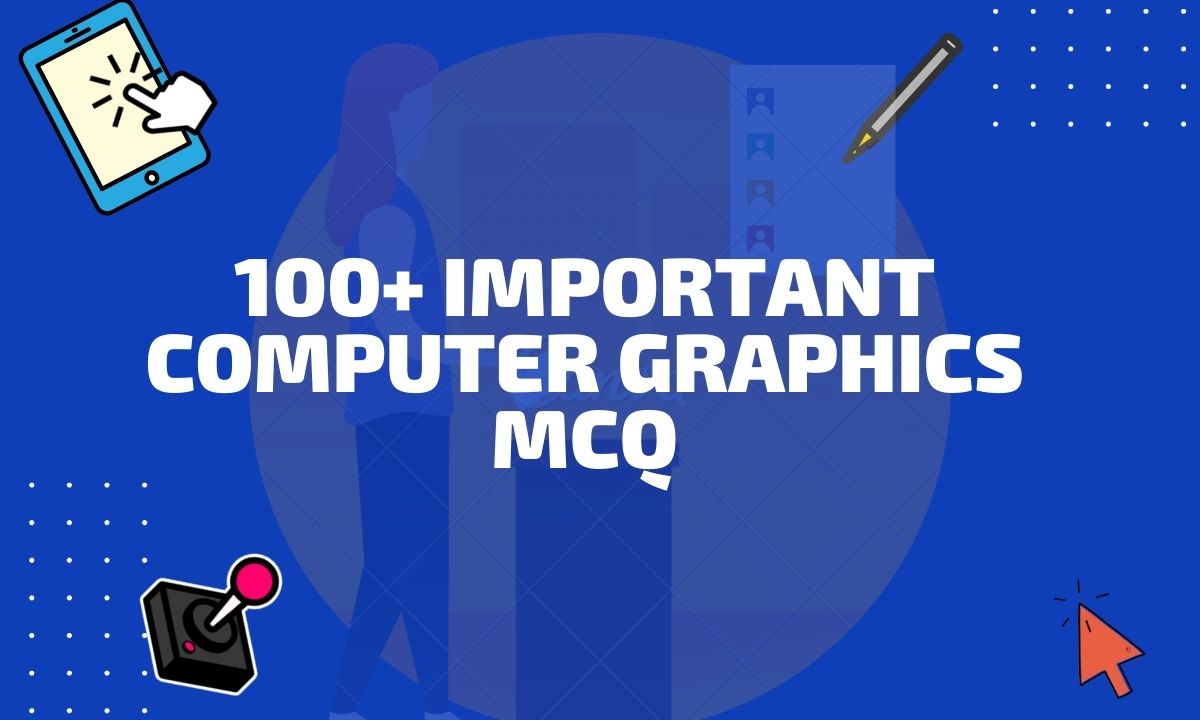This is how java played an important role to change the internet.
Java is one of the most popular programming languages in the world, and it has had a significant impact on the internet since its inception in the mid-1990s. From interactive web applications to mobile apps, Java has revolutionized the way we use the internet.
In this post, we will take a comprehensive look at how Java changed the internet and the various ways in which it continues to shape the online world.

1. Java Applets and Web Applications
One of the most significant ways in which Java has impacted the internet is through its applet technology. Java applets are small programs that run within a web browser, allowing for interactive and engaging web experiences.
Java applets were groundbreaking when they were introduced, as they allowed developers to create complex and interactive applications that could run within a web browser. This led to the development of many popular web applications, such as online games, stock tickers, and chat rooms.
2. Server-Side Java
In addition to its client-side capabilities, Java is also a powerful server-side language. This means that Java can be used to build web applications that run on servers, providing dynamic content to users.
Server-side Java has become an essential tool for building large-scale web applications, such as e-commerce sites and social media platforms. Java’s ability to handle complex data structures and its scalability have made it a go-to language for developers building web applications.
3. Mobile App Development
Java is also a popular language for mobile app development. Android, the world’s most popular mobile operating system, is built on Java, making it a critical language for mobile app developers.
Java’s versatility and scalability make it an ideal language for building mobile apps. Developers can use Java to build native Android apps or use frameworks like React Native to create cross-platform apps.
Conclusion
Java has had a significant impact on the internet since its inception. From applets and web applications to server-side programming and mobile app development, Java has revolutionized the way we use the internet.
As technology continues to evolve, Java is likely to remain a critical language for building web applications and mobile apps. Its versatility, scalability, and robustness make it an ideal language for developers looking to build cutting-edge applications that can withstand the demands of the modern web.
So, this is how Java changed the internet, and we can expect it to continue to do so in the future.



